What If?
Everyone’s played those “what if” games.
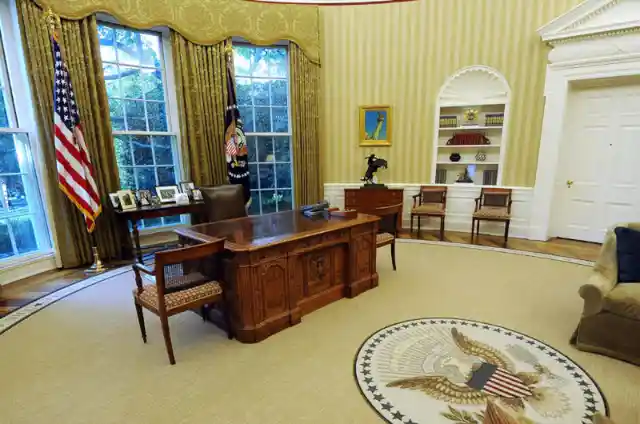
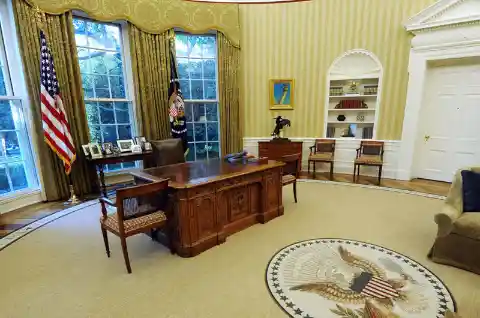
And there’s almost always the question of, “What would you do if you had power for a single day?” Things like being a superhero, rich CEO, or even the president. The thing is, for one man, this actually happened.
Missouri Lawyer
David Rice Atchison was born in 1807 in what’s known as Lexington, Kentucky.
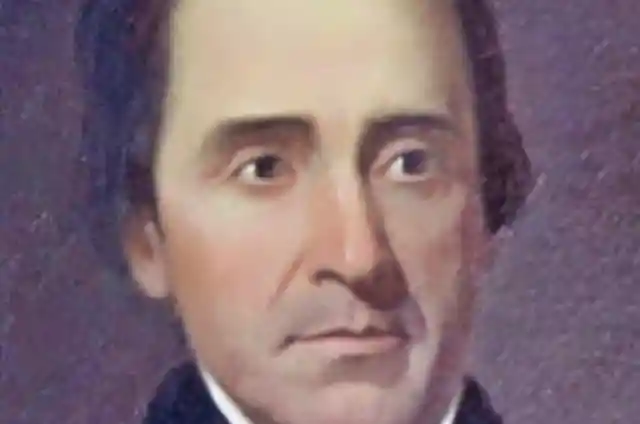
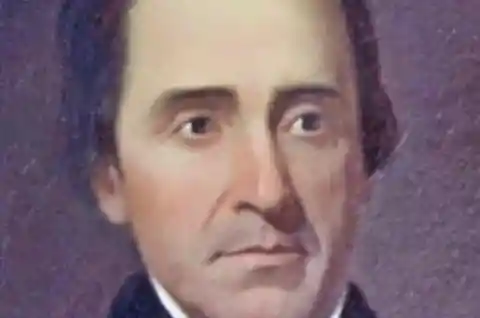
He was an aspiring lawyer who took his practice to Missouri in order to open his own firm. This might seem like nothing, but the intrigue skyrockets when we learn who one of his most famous clients was.
Famous Client
Joseph Smith – founder of the Church of Jesus Christ of Latter-day Saints.
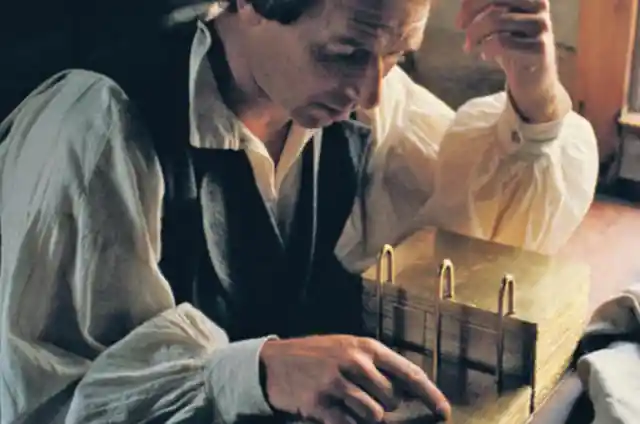
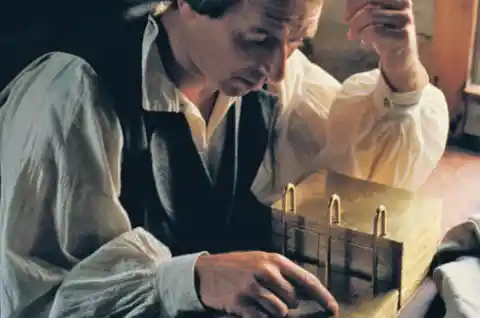
It also goes by another name - the Mormon Church. You see, Jackson Country, MI, didn’t want Mormons living on their lands and tried to kick them out. Atchison stepped into defend them, which stirred up a mountain of supporters that helped him get a seat in the House of Representatives in 1834.
Joining The Fight
Next was a stint in the state militia in 1838.
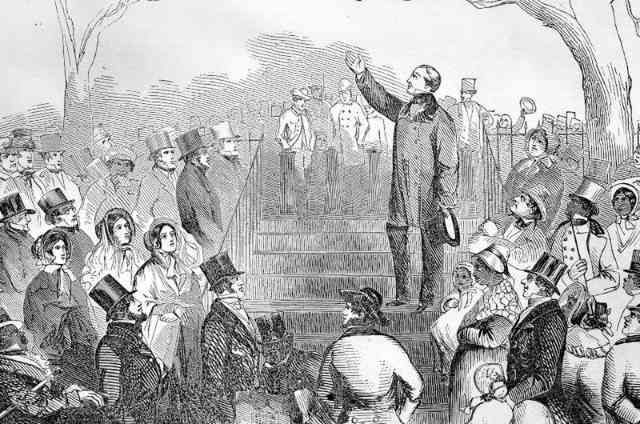
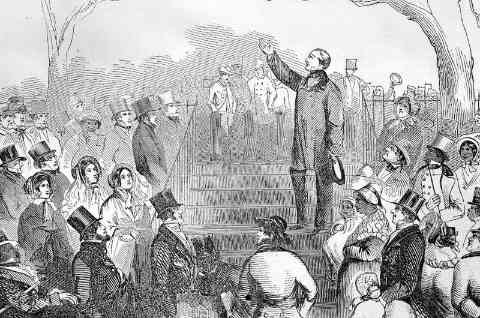
Atchison took up arms to help defend the religious group when threats and active persecution were at an all-time high. This landed him even more fans and supporters and got him a post as a judge in the State Court. But that wasn’t the end.
Senate Request
Kentucky was getting all sorts of power, and the State also had an empty seat to fill in the US Senate.
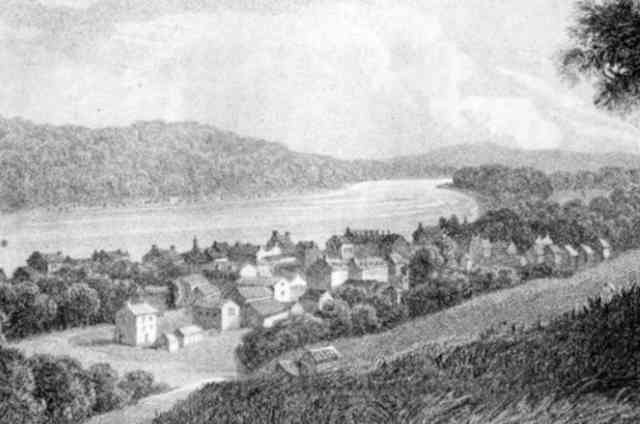
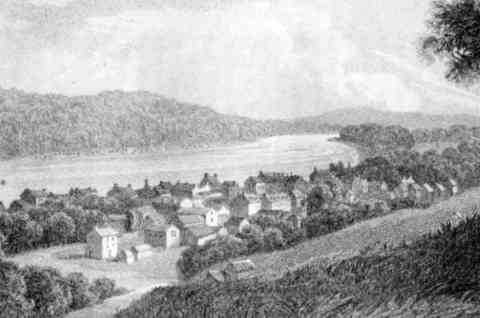
The problem? Atchison was only 36 years old, and this was considered really young for someone holding a Senate seat. The rising government star, however, had a not-so-secret weapon.
More Responsibility
He had already won the heart of Mormons across the State and throughout the country, but he also had a charm and charisma that made a few key people around him take a shining to him.
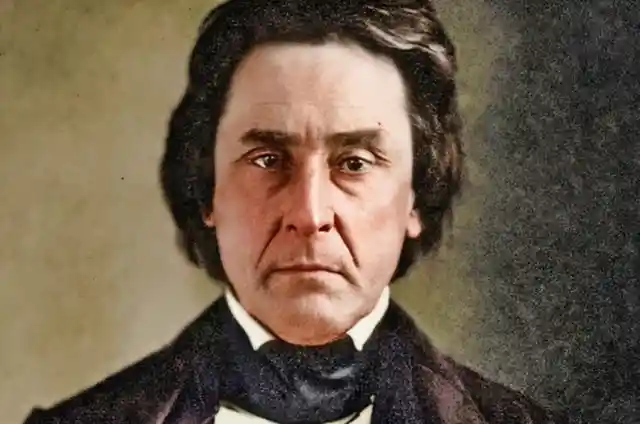
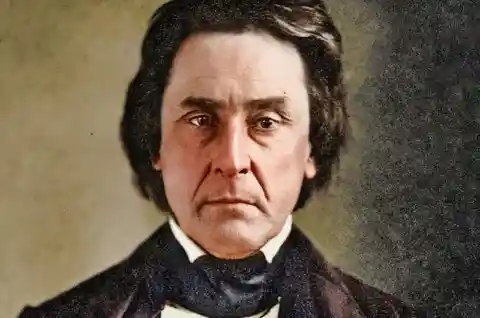
This melting pot of events and support ended up giving him something more than just a Senate seat. There was just one problem.
Against Abolitionism
Atchison might have supported freedom of religion, but he didn’t support freedom from slavery.
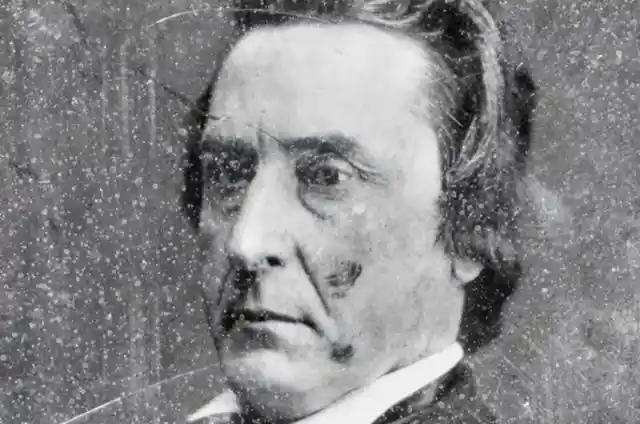
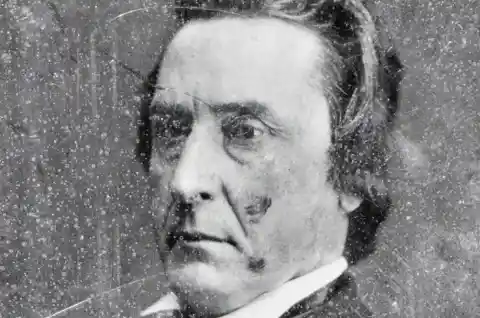
He was, in fact, against Abolitionist movement – even going as far as threatening violence toward people that supported anything anti-slavery. This brought on a domino effect within another state - Kansas.
Fanning The Flames
First, the southern supporters named a town after him specifically for his views on slavery.
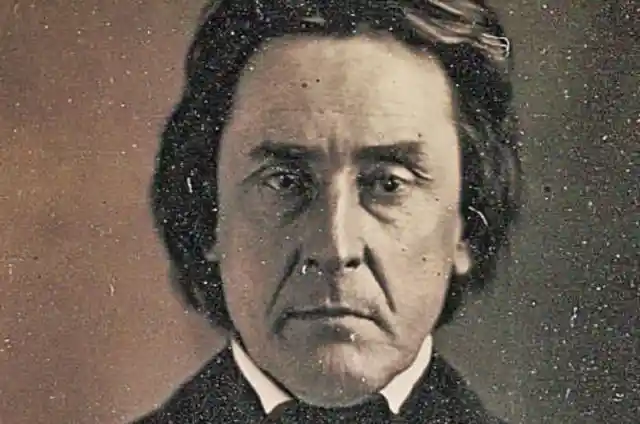
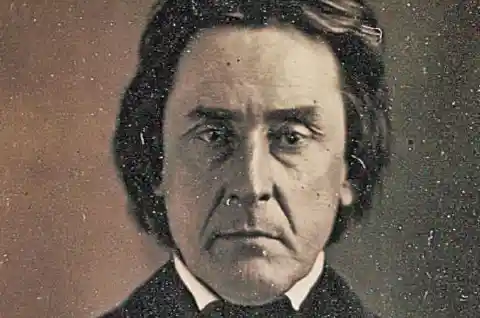
Between his very outspoken stance, and the confidence this gave the southern states, the flames of anger and violence were fanned even higher. So how did someone with such a polar opposite set of believes end up in office for one day?
Stepping Down
Well, President James K. Polk and his successor are to thank.
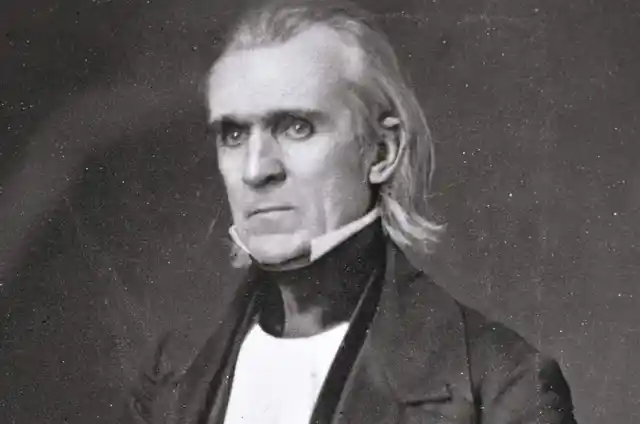
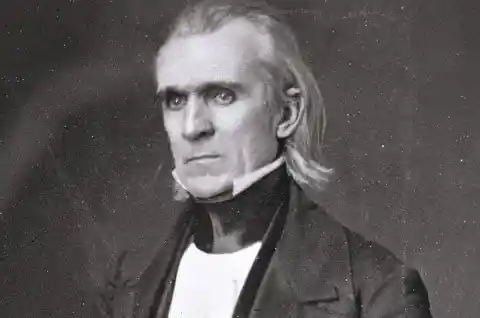
While Atchison was having his stint the Senate, Polk had vowed to only take one term as President. And, apparently, he took that promise very seriously. So, on March 4, 1849, he strolled out of the building at the precise moment he had been sworn in. So, what was the problem with this?
Sunday Rest
Zachary Taylor was next in line.
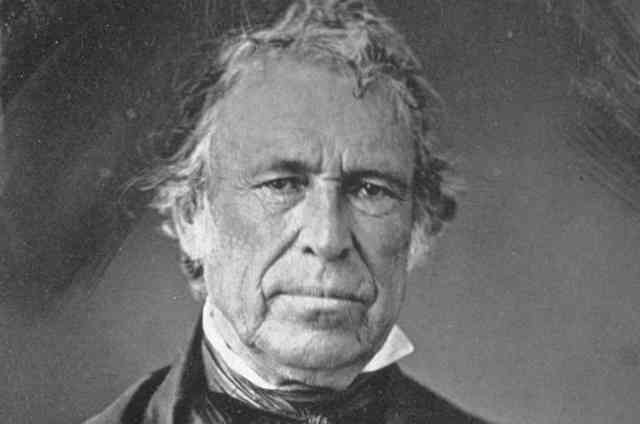
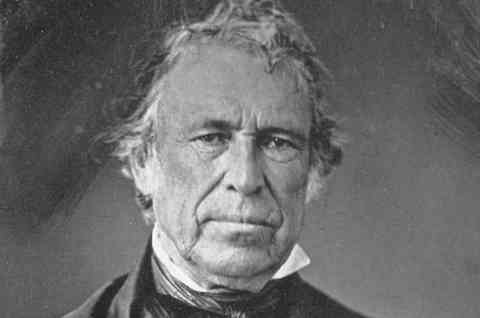
He should have taken the seat of the President immediately afterwards. However, the day of the inauguration fell on a Sunday. Back then, it was a strict Christian rule that was saved only for rest. Work was prohibited. This left a one-day vacuum of leadership. How did Atchison factor in?
Pro Tempore
In 1945, Atchison had been sworn in as Pro Tempore of the Senate.
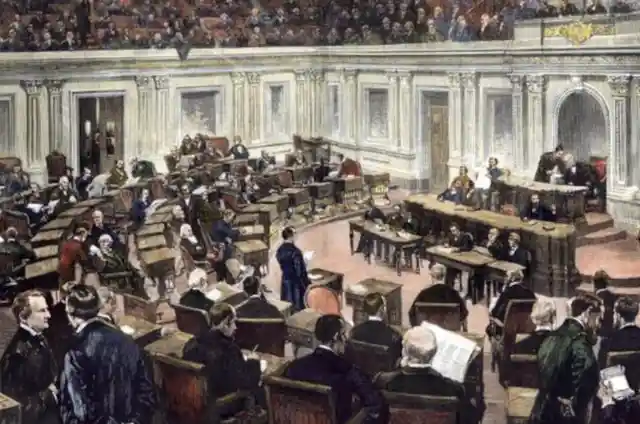
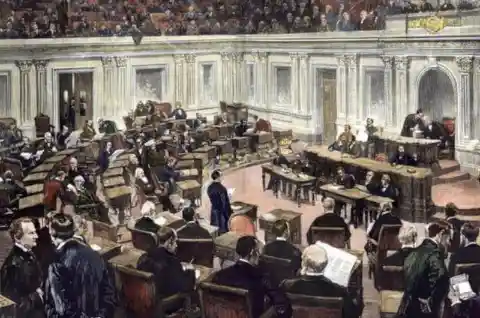
This meant that if the Vice president wasn’t there to oversee the proceedings, that Atchison would be the one to step in. And, back then, the laws said that a Pro Tempore was also second in line for the job.
24-Hour Gap
So, this meant the new President wasn’t sworn in.
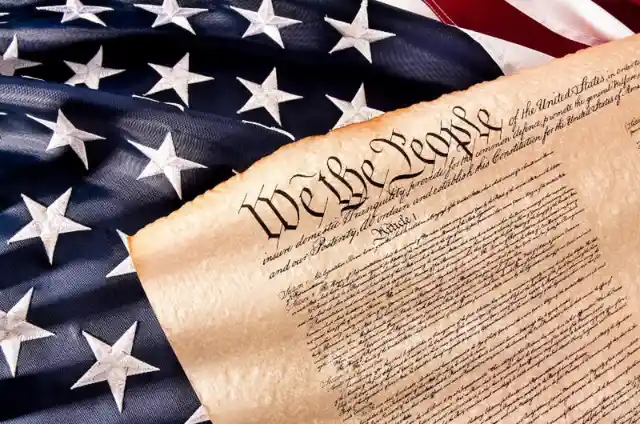
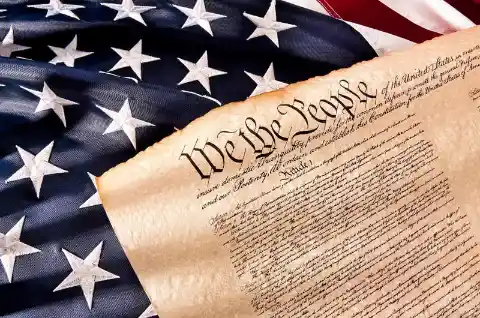
The old one refused to stay a day longer. The old Vice President’s term ended with Polk’s walkout. At this point, things might seem clear cut – that Atchison was responsible for filling the position for 24 hours. But here’s where historical accounts get dicey.
Mixed News
On one side, newspapers claimed he took on the role with enthusiasm.
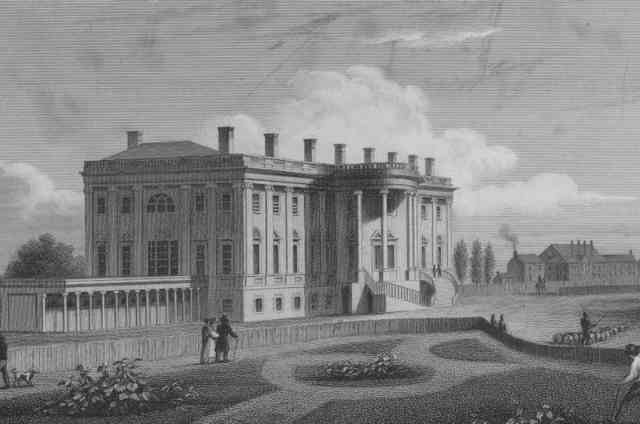
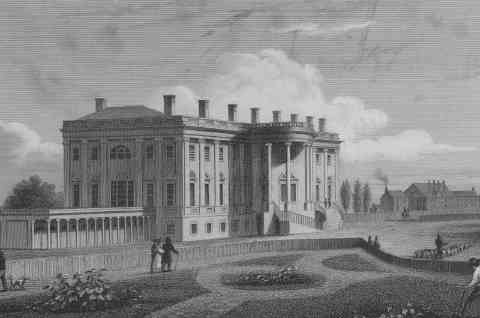
He even went as far as to ask for the Seal of the Great Office and sign a few official papers. It might have only been for one day, but the de facto leader was serious about his role. There were even jokes of a coupe.
Different Accounts
Atchison’s Democrat friends joked he should just stop Taylor from taking office, since he clearly didn’t want it that badly.
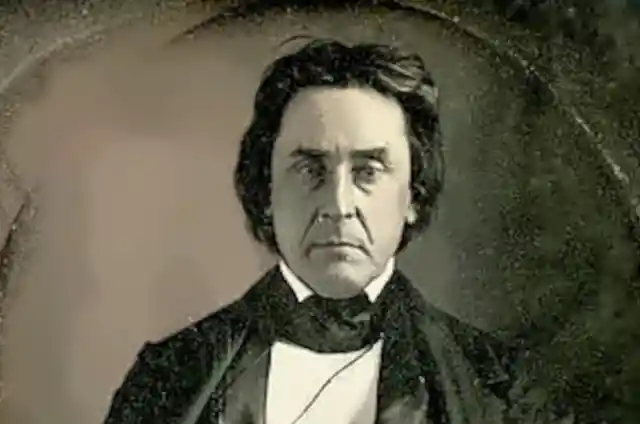
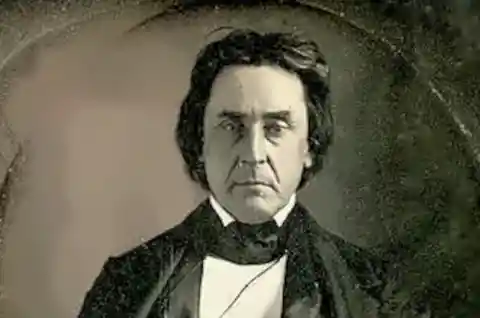
A few even tried to garner favor for special appointments, lands, or other political favors. Some historians, however, say that Atchison wasn’t even there when it all unfolded.
Sketchy Details
They claim there were no notes or accounts in the Senate Journal or the Congressional Globe.
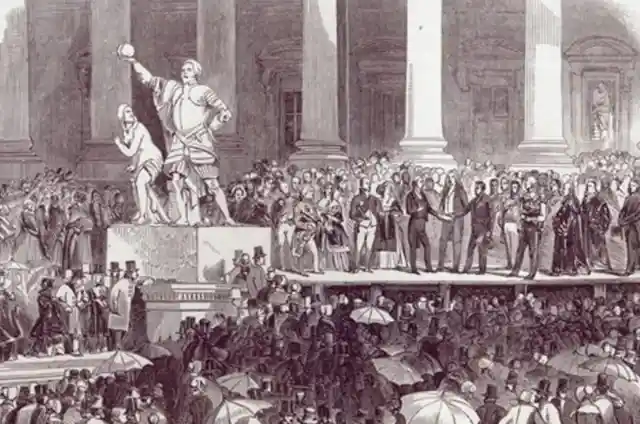
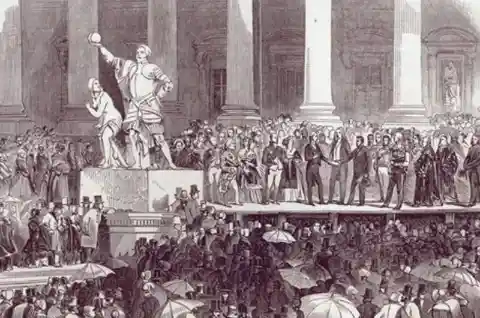
And if it was really a thing, it would have reached further into the press world and to many other publications. The theory is that Atchison’s position as Pro Tempore would have ended at the same time as Polk’s presidency. So, what would have happened?
Technically, Yes
The flimsy reality is, that one way or another, Atchison was only the big boss for either a day or a few minutes.
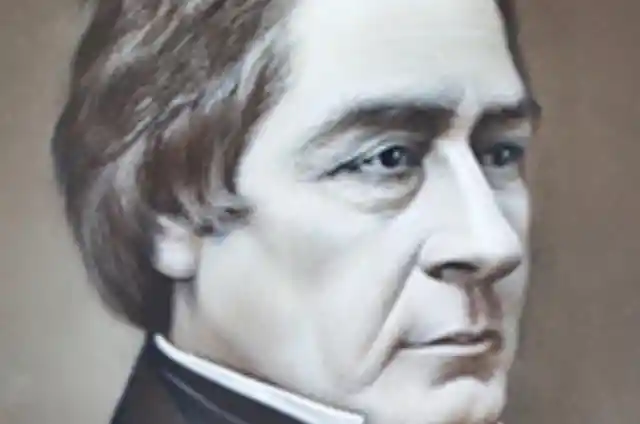
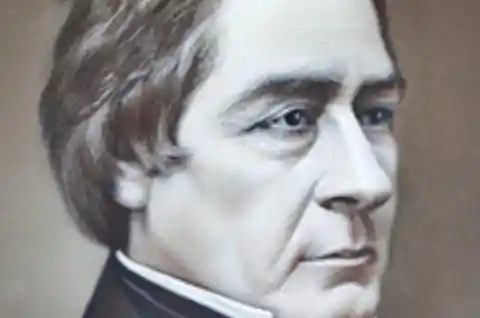
People probably scrambled to get him sworn in just in case there were any unforeseen issues with Taylor and his team. Then it would be the Vice President’s turn.
No Swearing In
While we’re at it, let’s bring in more historians!
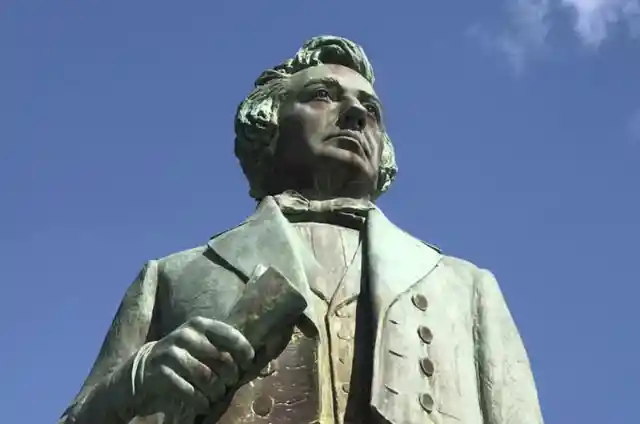
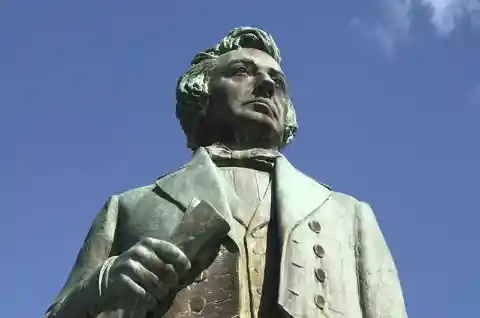
A few have said that the President doesn’t legally have to be sworn in for his power to take hold, the specific date of the inauguration isn’t set in stone. So, Taylor would have probably been the President anyways – just one that was taking a Sunday off. But what did Atchison have to say about this?
Atchison's Words
In the early 1880s, Atchison is reported to have written, “I never for a moment acted as president of the U.S.”
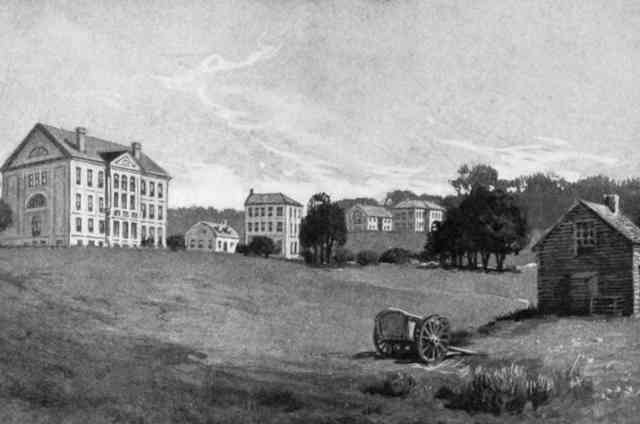
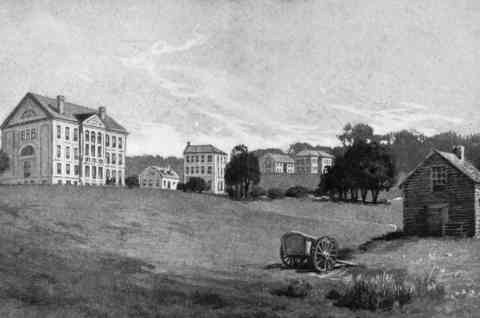
There’s also another account that he joked he could have “slept through his entire presidency” if his friends hadn’t been bothering him for help or favors. No matter what, one thing remains true.
History Tid Bit
In some way, shape, or form, Atchison holds the record for the shortest Presidency in the history of the United States.
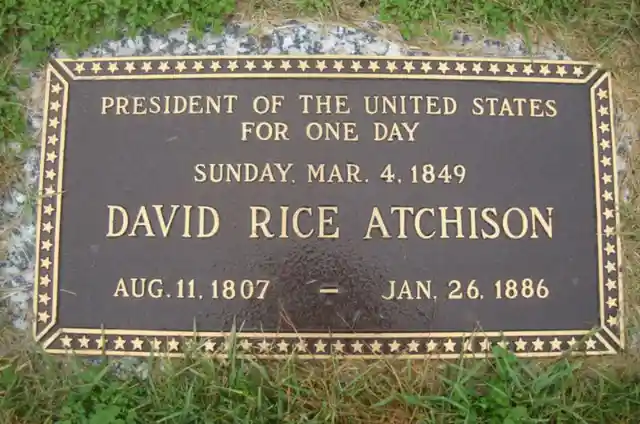
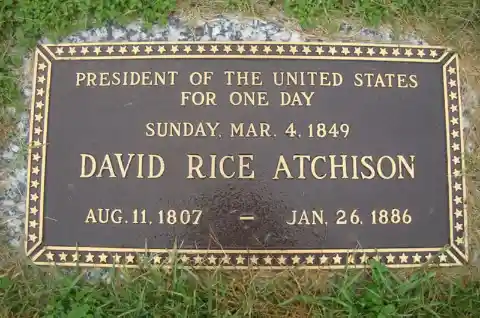
Some States, to this day, still debate on these crazy details and events that lead up to the strangest holding of a political seat.
Runner Up
It really is one of the shortest but most amazing presidential stints in American history.
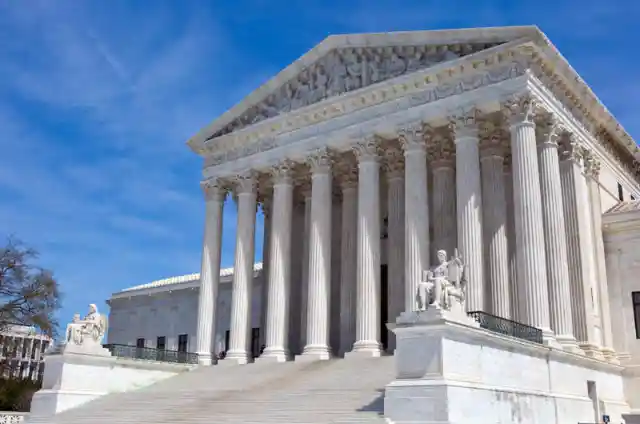
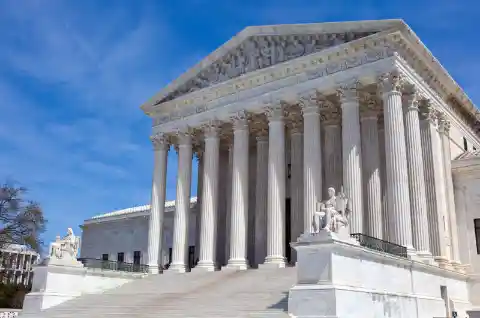
William Henry Harrison, the 9th president, served the next shortest time in US presidential history at only 31 days. After that, James A. Garfield, the 20th president, made a huge jump to serving only 199 days.